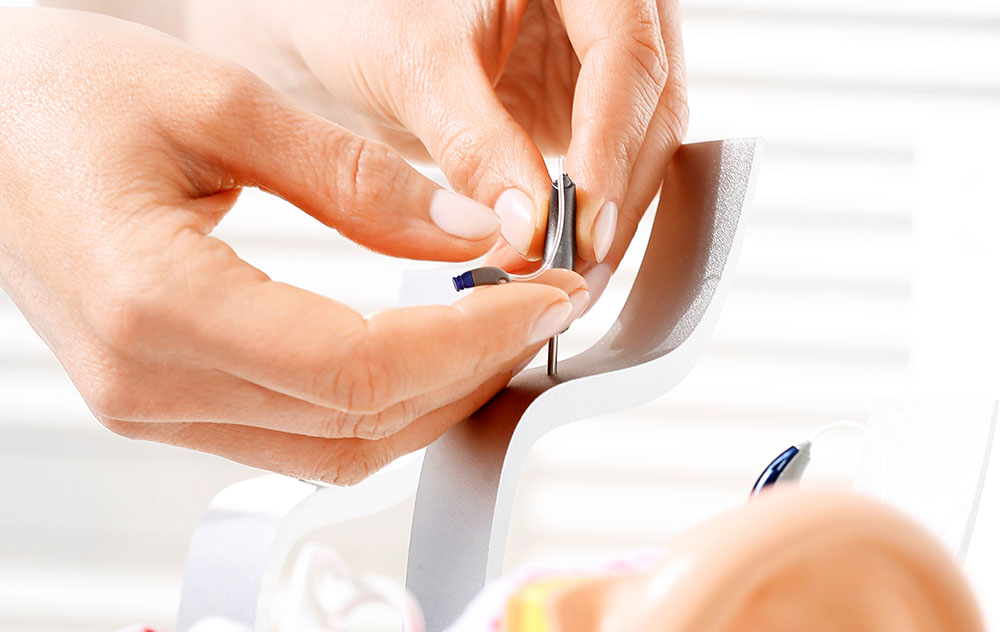Why Winter is the Best Time for a Hearing Health Checkup
Winter tends to slow things down. You’re spending more time inside,


Winter tends to slow things down. You’re spending more time inside,

Hearing aid technology has come a long way in the past few years, and 2025

Hearing changes are a normal part of aging, and most adults over 65